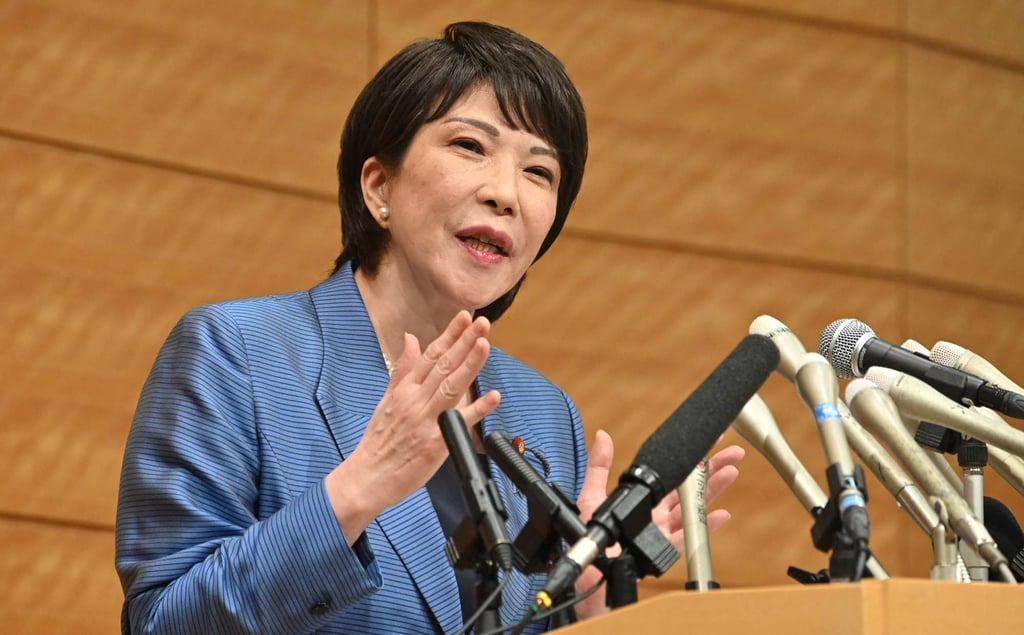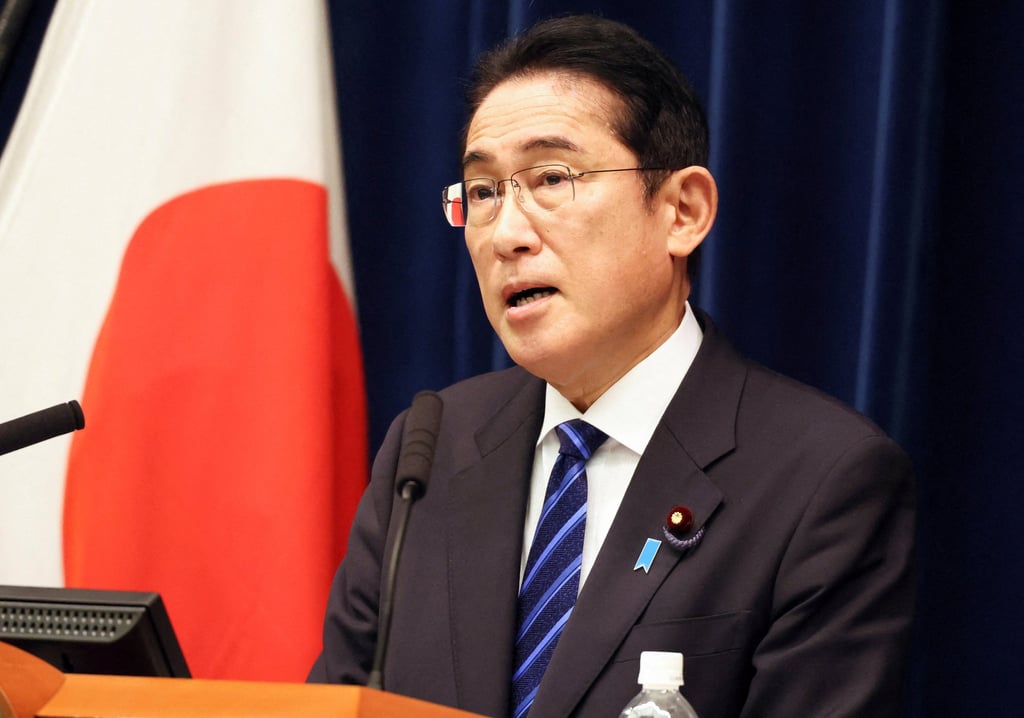Japan’s PM Kishida faces heat as Abe loyalists attack tax plan to fund higher defence spending
- Right-wing members of ruling LDP strongly oppose proposals for higher taxes, with one minister daring Kishida to sack her
- Kishida could compromise for fear of completely ostracising right wing and encouraging leadership challenge, analyst says

Sanae Takaichi, the economic security minister, refused to back down on Tuesday over her earlier criticism of Kishida’s proposals to increase corporate taxes by as much as 5 per cent, hike taxes on tobacco products, and divert funds earmarked for the reconstruction of parts of northeast Japan in the aftermath of the 2011 earthquake and tsunami disaster.
Takaichi said in a tweet on Saturday that she “could not understand the prime minister’s true intentions in making a statement that may chill mindsets over raising wages at this time”.

Three days later, she insisted she had not spoken out of turn. “The prime minister has the authority to appoint cabinet ministers, so if I am removed from office, that cannot be helped,” she said.
These comments are being perceived as a threat to Kishida, whose support rate has declined over the last year and is likely to lose additional backing – not least from the firmly pro-LDP business community – over plans for additional taxation.
Income from corporate taxes comes to around 14 trillion yen (US$10 billion) a year at present, and Kishida has said he hopes to be able to raise an additional 1 trillion yen a year through the additional levies.

The prime minister has said he wants to increase defence spending from 5.2 trillion yen a year at present to 6.5 trillion yen in 2023. In 2027, that figure will increase to 9 trillion yen, equivalent to 2 per cent of GDP.